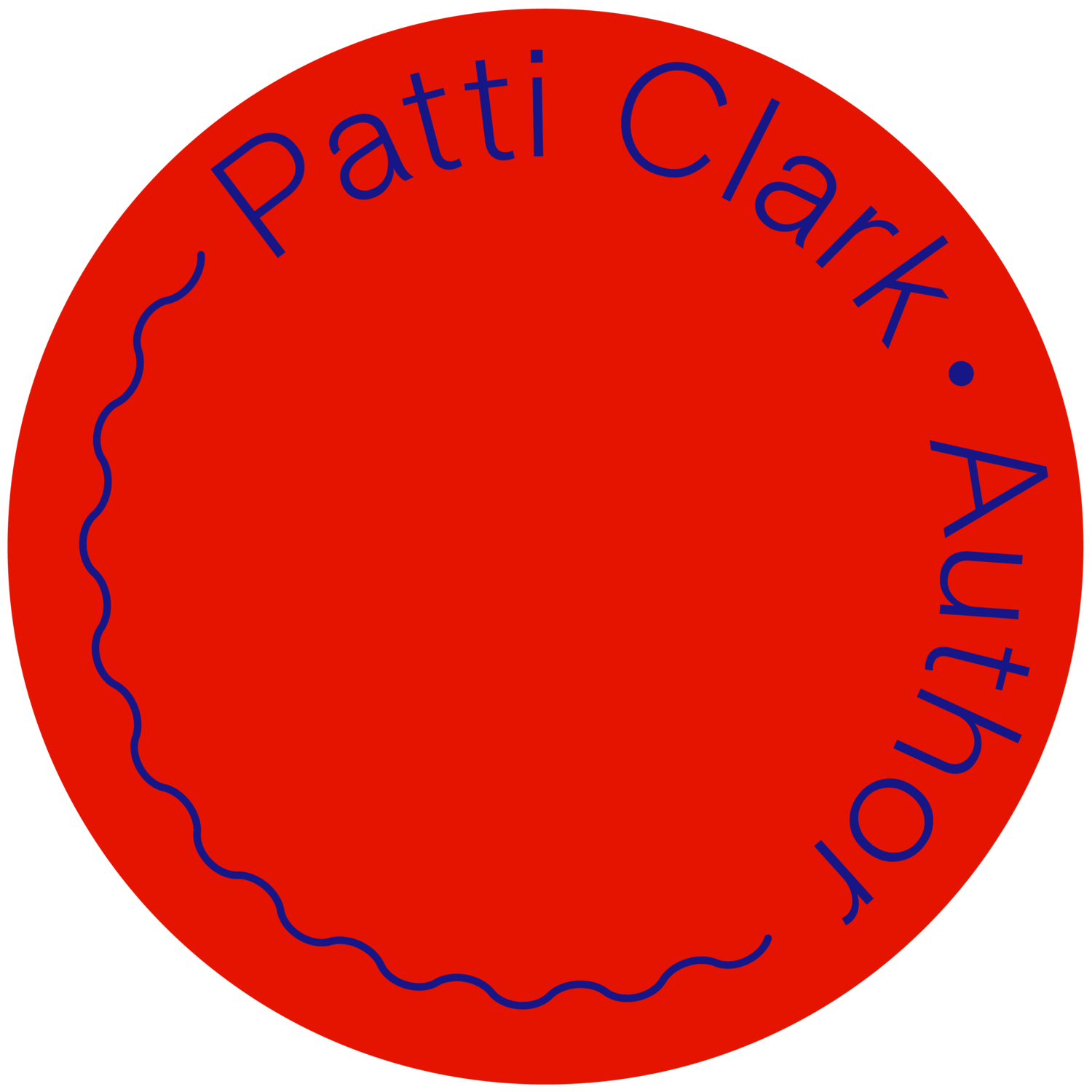Healing Shame and Finding Well-Being
“If we can share our story with someone who responds with empathy and understanding, shame can’t survive.”
― Brené Brown
________________________________________________________________________________

My reaction was similar to many other people I know when I first saw the hash tag ‘MeToo’ on twitter and on Facebook. I thought ‘Oh another hash tag on social media . . . Ho hum.’ But then in less than an hour, my wall was full of #MeToo from female friends on Facebook. Little did I know at that point how much Actress Alyssa Milano’s post would impact me personally. So personally in fact that I decided I had to get public with it on Thrive.
Of course, what we now know is that Tarana Burke, a native of Harlem, New York, was the original creator of the Me Too movement over a decade ago, before hash tags and social media. But it was Milano’s post, on October 16th that impacted me.
When I saw the original post, I felt vaguely uncomfortable, but ignored it. It wasn’t even when I saw my wall flooded with #MeToo that I really understood it’s impact. It was only later, over coffee with a friend, that it hit me, the full magnitude of how this related to me personally.

What #MeToo did, was to open up a huge, previously taboo, conversation with other women. Looking back at myself in my 20s, I was a ‘party girl’ and a bartender. I had a lifestyle that ‘invited’ that kind of behavior. I had convinced myself that I had deserved and been ‘responsible for’ the intimidation and harassment that I experienced.
Early in my own personal recovery process, I took full responsibility for my actions and my past behavior . . . full and total responsibility. And thus the shame lived on. I first read about this topic in John Bradshaw’s ‘Healing the Shame that Binds You.’ Yes I read the book and yes I talked about the concept. But still, said the little voice in my head, if you hadn’t been that drunk, if you hadn’t put yourself in that situation… I still believed that I was responsible for the treatment on some level because of my own behavior.
What I discovered through conversations with other women is that there are a lot of us who still blame ourselves for what happened to us. “If I hadn’t been that drunk” and “If I had been wearing a bra” and “If I hadn’t been so stoned” then that wouldn’t have happened. And most of us have kept that bottled up inside of us, continuing to blame ourselves for our own ‘reprehensible behavior.’

This campaign has opened up the conversation, opened up the willingness to look at the behavior, not with shame, but with a desire to share the story. We are comparing notes and listening, and we are realizing that we are not alone.
There are so many layers to this problem. Looking at the culture of misogyny and who is in the position of power that enables this to happen. I’m aware of this and of course we still have so far to go. But today, I simply want to express gratitude, gratitude that even after so many years of recovery and therapy, these conversations have helped to heal a part of me that remained buried for over thirty years. I am writing now to say thank you for what was not just another ‘social media craze’ but instead was a catalyst to heal. Healing through deep and nourishing conversations with other women, initiated by a simple comment, ‘Me Too.’
I'll close with a clip from John Bradshaw [embed]https://www.youtube.com/watch?v=5q2tZa1gp8Q[/embed]
